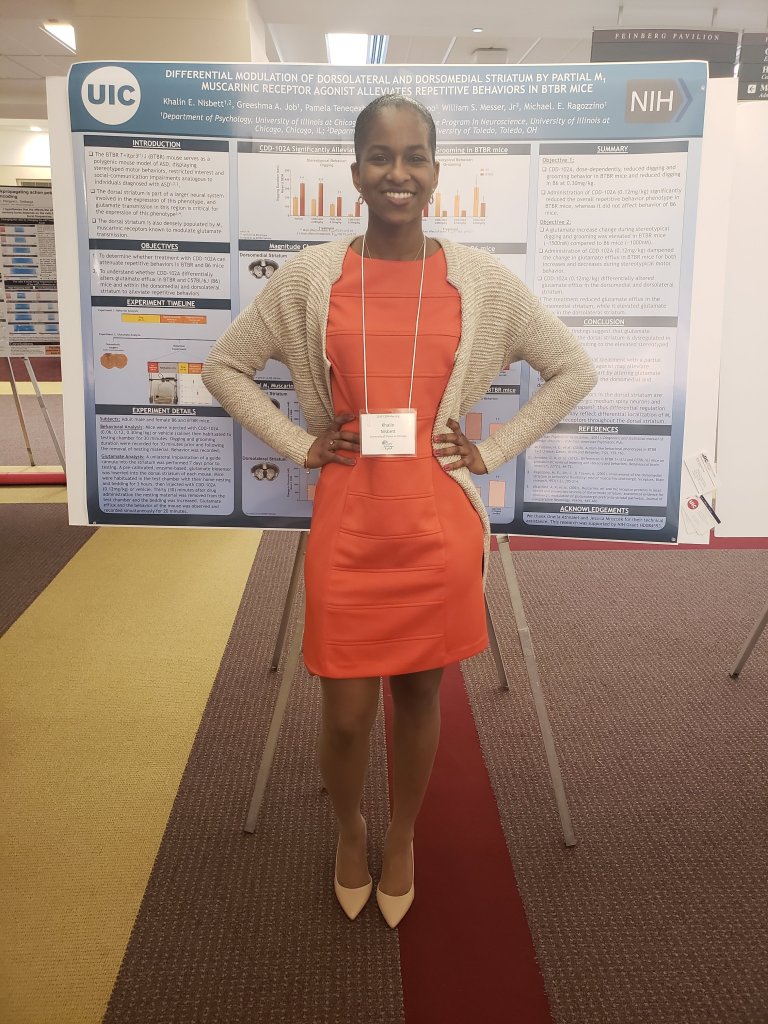PROFILE: Kay Nisbett, neuroscience doctoral student
My name is Khalin Nisbett, but most people know me as Kay. I am a third-year doctoral student in the Graduate Program in Neuroscience at the University of Illinois at Chicago, Illinois, United States.










Congrats Kay, great work on mental health issues, I wish you success on this journey as you try to reduce this traumatic brain disease.